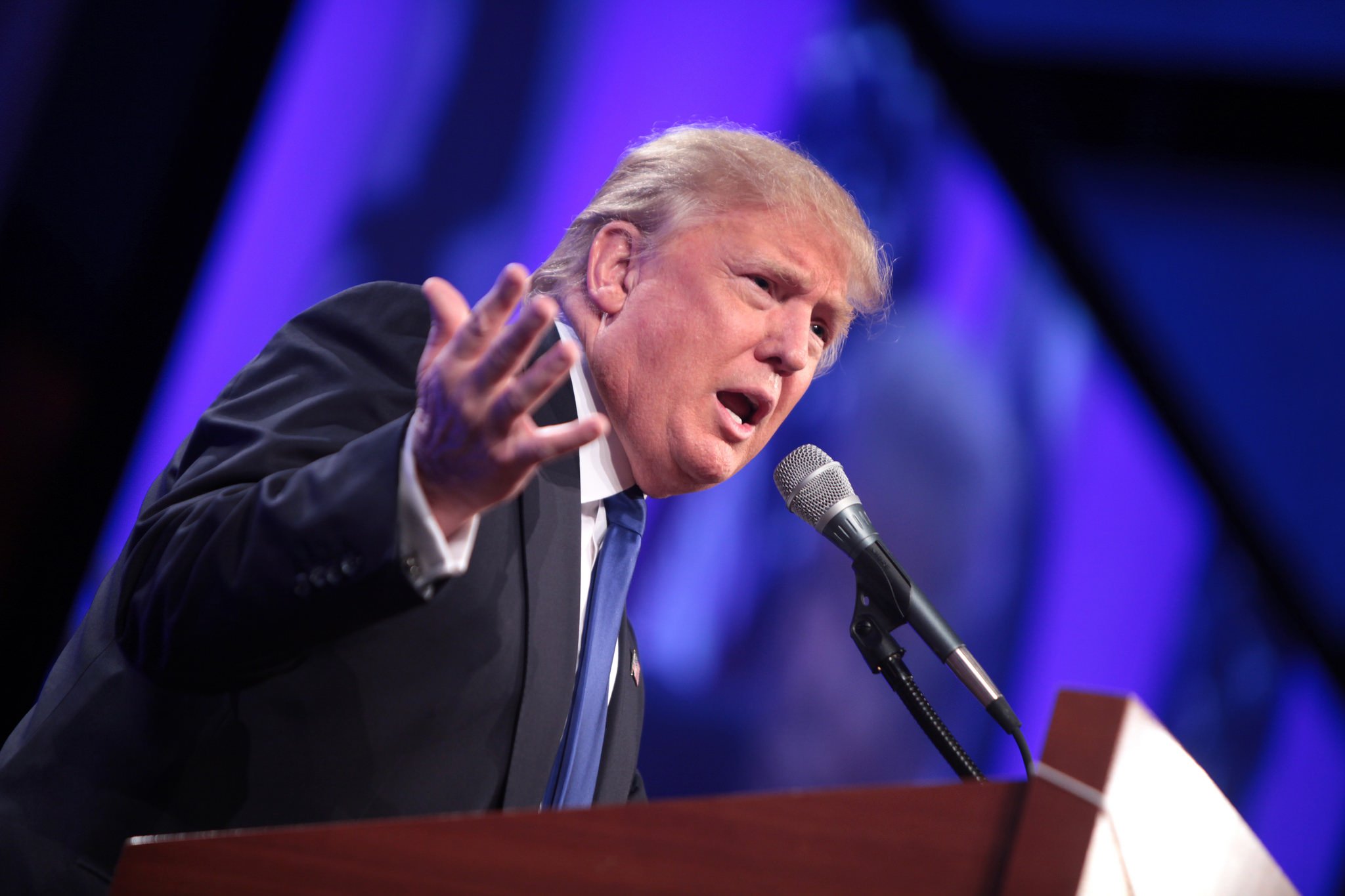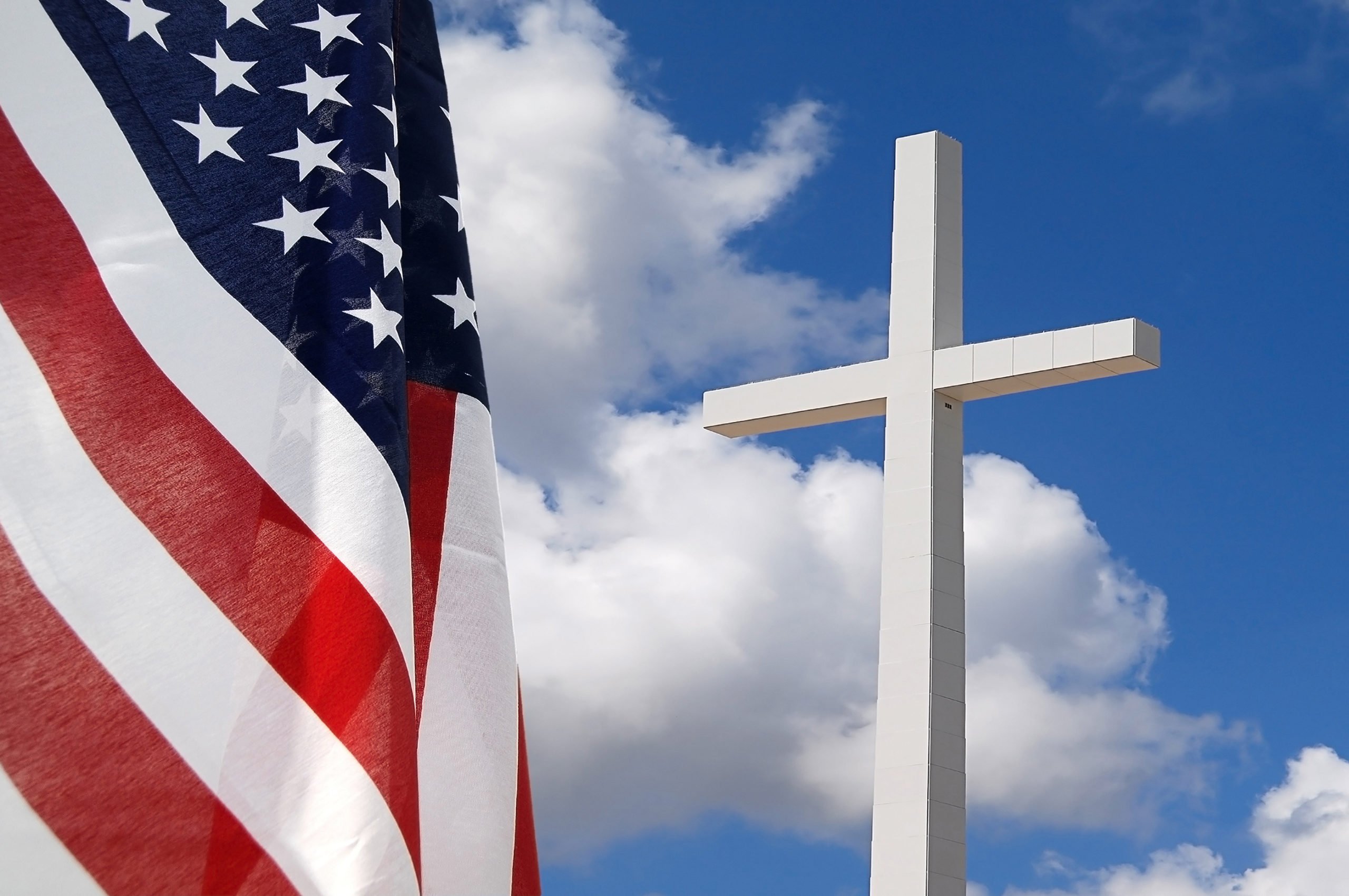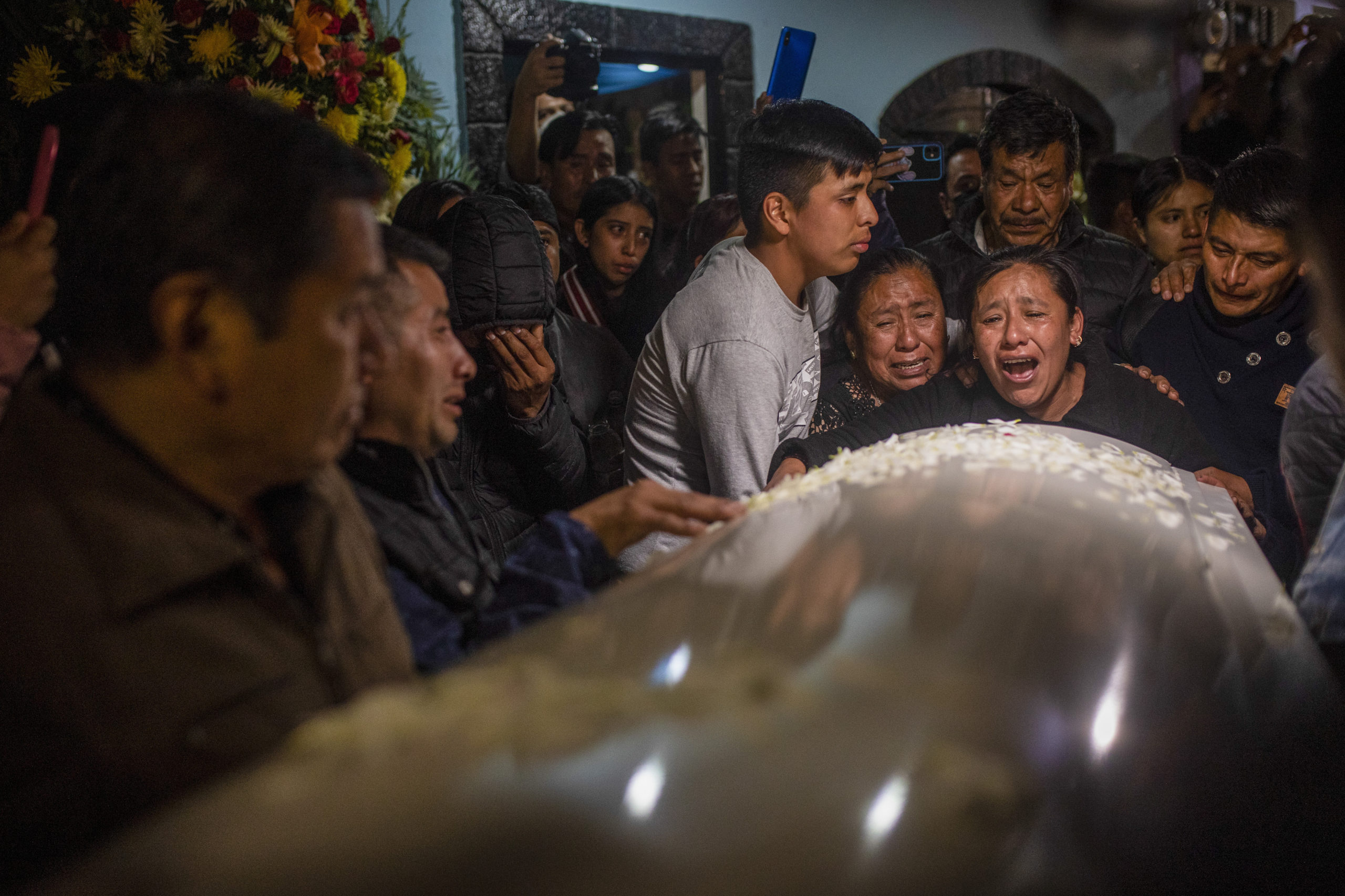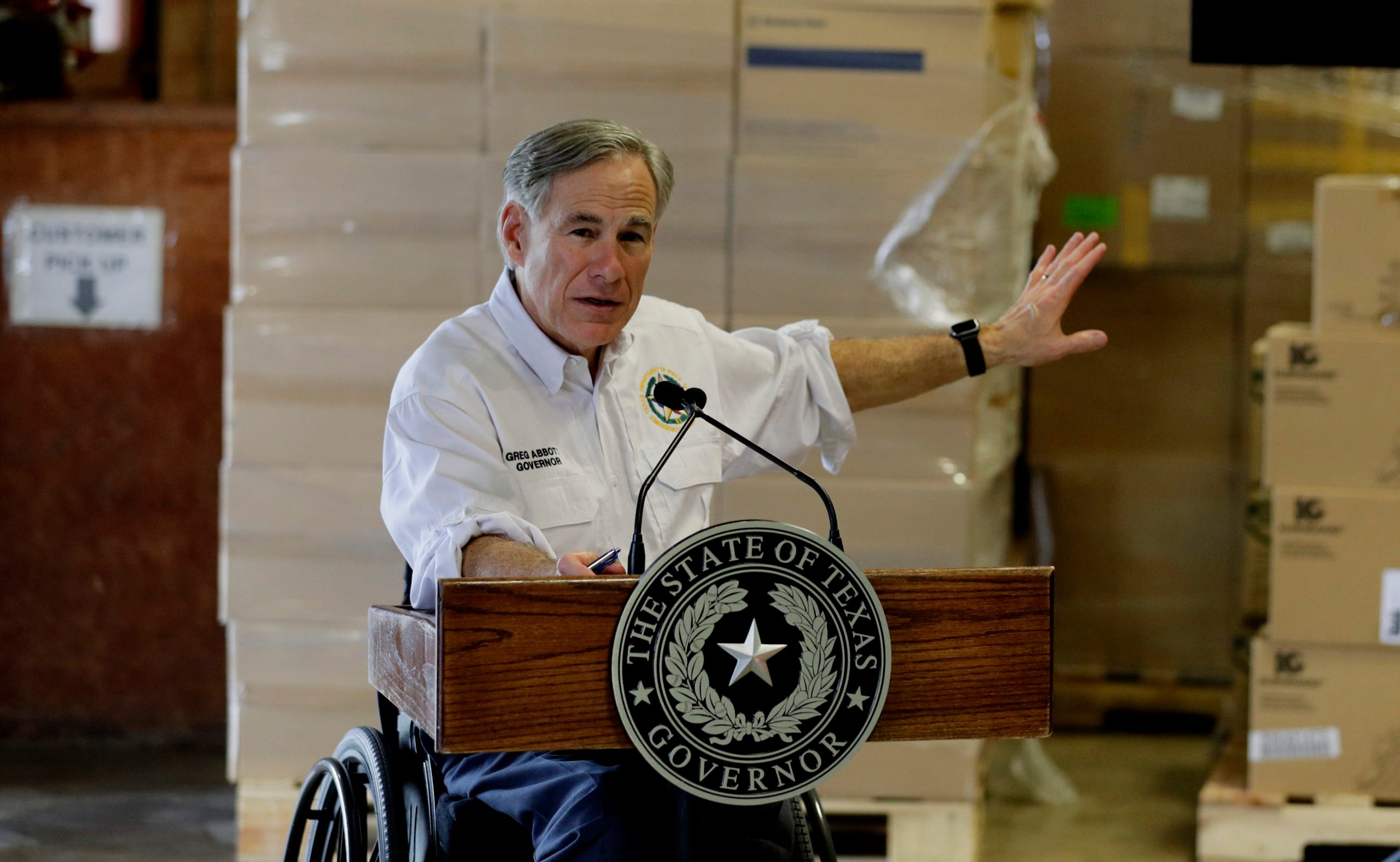
The Borderlands, So Far from Austin

A version of this story ran in the September 2015 issue.
Sometimes it seems like politicians have forgotten that the borderlands are still part of Texas and the United States. Donald Trump, the conservative id, has set the tone for GOP presidential contenders. In July, he blustered down to Laredo, wearing one of those lumpy grandpa hats emblazoned with “Make America Great Again.” Trump wanted the eagerly awaiting press to see how he had braved the border netherworld.
“People say, ‘Oh, it’s so dangerous, Mr. Trump, it’s so dangerous what you’re doing!’” he said. “I have to do it. I have to do it.” Laredo, 96 percent Hispanic, is one of the safest cities in Texas. But Trump, like many Republicans, apparently believes that the closer you get to the border, the more afraid you should be. That crackpot and borderline racist framework allowed Trump to cast himself as a hero just for landing Trump Force One at the Laredo airport.
But lest you think Trump is just about cheap fear-mongering, he released a policy proposal in late summer. It’s part GOP orthodoxy, part bonkers.
Orthodoxy: Trump wants to build “a wall across the southern border.” Presumably, he wants to finish the fence that the Bush administration erected in segments a decade ago.
Bonkers: He wants to force Mexico to pay for the wall by shutting down binational trade and legal immigration, and blocking the money that immigrants send home to their families. The best thing you can say about Bad Hair’s plan is that it’s boosting Trump piñata sales.
But where did Trump get the idea that the borderlands are a war zone?
Straight outta Texas. Many a Lone Star politician has made, or boosted, his career by treating border communities as a theater of operations, where the normal rules don’t apply. In 2006, Congress approved George W. Bush’s Secure Fence Act, which allowed the administration to suspend federal laws that it deemed an obstacle. In the Rio Grande Valley, the fence was rammed through people’s backyards, often over the objections of landowners who hold their property under Spanish land grants predating Anglo Texas. Bush was also responsible for an unprecedented buildup of Border Patrol and Immigration and Customs Enforcement agents at the border, and the deployment of billions in high-tech gadgetry, such as drones, and for-profit immigrant detention centers.
At the state level, Governors Rick Perry and Greg Abbott have used the Texas State Guard and the Department of Public Safety (DPS) as personal armies to be deployed to fight, depending on the mood of the moment, terrorists, narco-terrorists, criminal aliens, regular old illegals, or — as happened last summer — children fleeing violence in Central America.
These “boots on the ground” seem to have had little measurable effect on illegal activity associated with the border. Instead, shifting DPS troopers to border communities has meant a drop in citations and arrests elsewhere in the state, according to a March 2015 analysis by the Dallas Morning News.
Many a Lone Star politician has made, or boosted, his career by treating border communities as a theater of operations, where the normal rules don’t apply.
To make it appear like the surge is accomplishing its goals, DPS has resorted to juking the stats. Reporting by the Austin American-Statesman found that DPS has inflated the value of its narcotics seizures tenfold and tried to pass off drug busts made by local and federal agencies as its own.
So, what is the border surge for? On one hand, it’s a publicity stunt — an opportunity for machos to put on Carhartt jackets or “tactical” gear and pose with guns.
One of Perry’s Super PAC ads features the former governor posing on a DPS gunboat on the Rio Grande while wearing a backwards ballcap and the kind of sunglasses worn by Neo in The Matrix.
Intentional or not, all those boots have the effect of eroding the civil liberties of Texans who happen to live near the border. As Starr County Judge Eloy Vera recently told the Rio Grande Guardian, “I think they are totally ineffective. They are on the highway — they are not on the river. They just sit there, three or four units parked together, waiting for someone that they hope will be trafficking drugs or humans.”
If this were happening in Plano or The Woodlands or Austin, people wouldn’t stand for it. Folks who live in Laredo or Rio Grande City or Brownsville are no less deserving of their rights.


